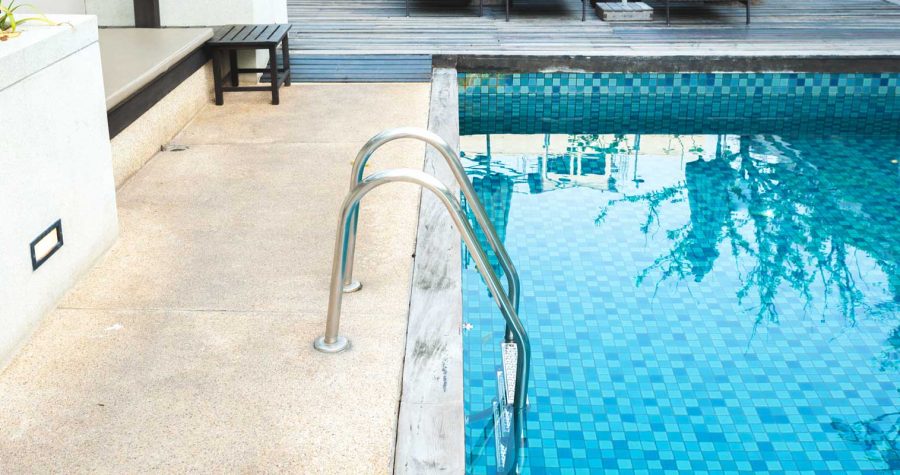Montagu History
If you are interested in accommodation near Montagu, like our Montevue Nature Farm, its important to know a bit more about the history of the town.
Montagu was cut off from the main trek routes due to the seemingly impenetrable nature of Cogmans Kloof. It wasn’t until Thomas Bain built the pass and the tunnel that trade began to develop in the area.
In 1841 Montagu was laid out on the farm Uitvlucht and in 1852 John Montagu, the Colonial Secretary of the Cape, visited the infant town.
In 1855 the first school was opened and two years later a contract was signed for the building of a church designed by George Burkett.
In 1873 the Montagu Hot Springs began charging a fee for the use of the baths. Their use obviously goes back to time immemorial, with traces of early man found in the nearby caves. The importance of the baths to the general public is reflected in the conditions written into the title deeds:
That the outspan place and thoroughfare as laid down on the diagram shall remain free that the grant now made the public shall not be excluded from the benefits derived from a Hot Springs situated within the Limits of this land, but on the contrary, have the right of using the said Springs as a Hot Bath and that it shall be optional with them, should the proprietor hereafter construct suitable accommodation on the spot, to avail themselves there or not, as they may think proper; that all roads leading to the bath shall remain free, that the said public frequenting said bath shall be allowed to Outspan on this land, but the cattle shall not, unless with the consent of the grantee or his successors, remain longer that twenty four hours on his land.
Montagu banknotes were printed and issued from 1861, up until the demise of the bank in 1868. Samples of notes are on display at the museum. In 1877 Thomas Bain built the Tunnel and the new road through Cogmans Kloof.
Between 1902 and 1985 the Brink Brothers enterprise was of major significance to the town. Their activities included general dealers, bottling work, canning factory, dried fruit production and a department store.
In 1936 Montagu was declared a health resort. This resulted in an influx of wealthy people purchasing holiday houses. At one time during the early years, Montagu boasted 5 millionaires!
In 1941 the Montagu Muscadel Co-Operative was formed with fifteen members present at the first meeting. The development can be gauged by the fact that in 1944, 800 tons of grapes were processed; in 1991 the figure had grown to 11,000 ton.
In 1950 Montagu hosted the first South African Wine Festival. With much trepidation and debate the committee members assured the protesters that drinkers will not be able to make themselves drunk during the periods the wine will be served. “We will not have dishonour brought to our product” … and all went well.
In 1954 the Montagu Nature Garden was inaugurated by a group of ladies gathered to work in the gardens, as it still is to this day. During certain months of the year – usually until October, the Tuesday morning teas & snacks are still on offer to all who care to join them.
In 1982 Joubert House was acquired by the Museum Trust.
In April 1995 President Mandela in his first informal engagement following his inauguration, opened the twenty first Muscadel Wine Festival.

